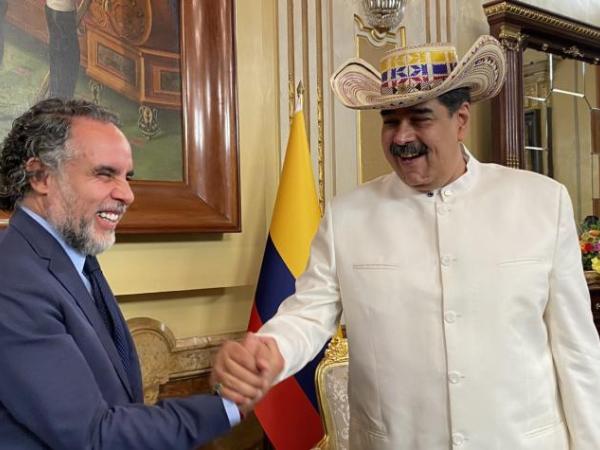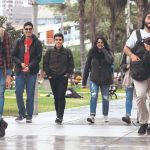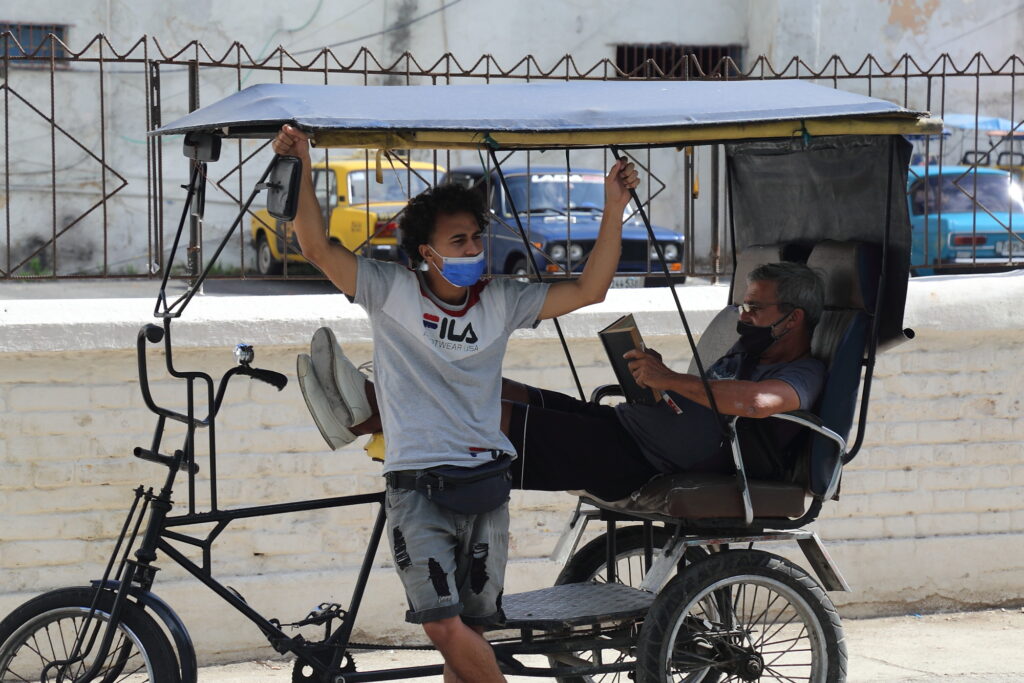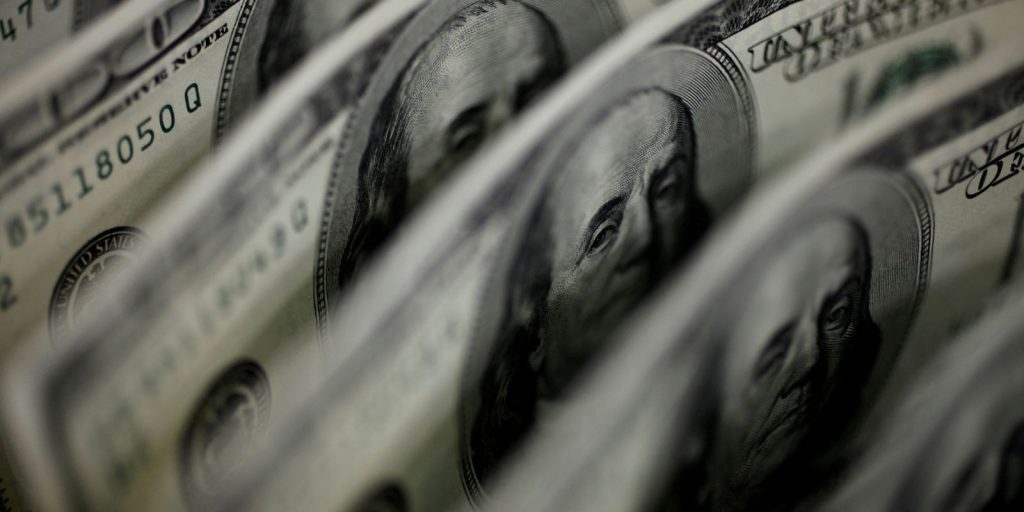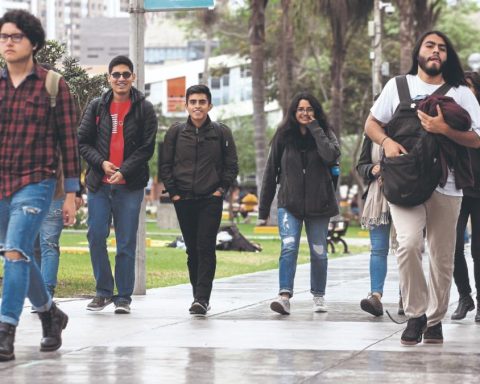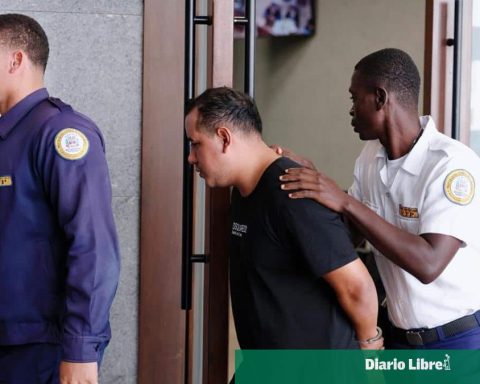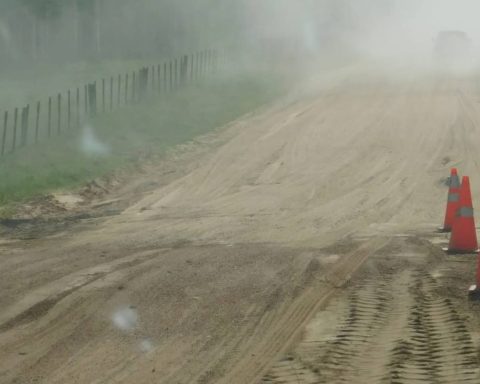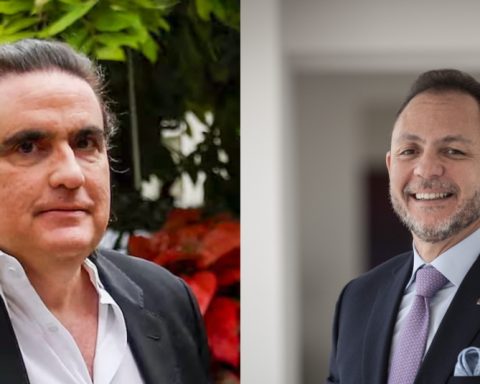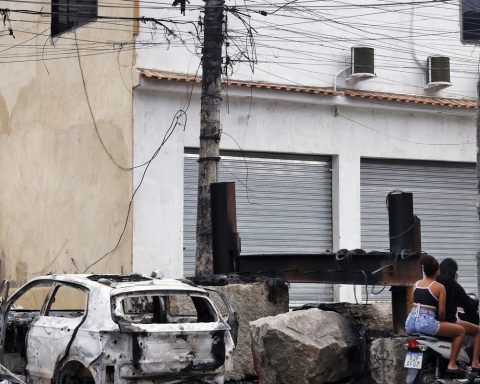Colombia and Venezuela are one step away from formalizing the return of their diplomatic relations, just as President Gustavo Petro had anticipated in his presidential campaign and as he has been preparing since before his inauguration.
(Petro requested electrical and energy integration of South America in the CAN).
What remains to be formalized could happen at any time this week, when the Venezuelan ambassador to Colombia, Félix Plasencia, delivers the respective diplomatic letters to the national chancellery headed by Álvaro Leyva. This step was completed yesterday by Ambassador Benedetti in Caracas.
“Inspired by the historical legacy of integration and brotherhood that unites our nations, we receive the style copies of the Colombian ambassador, Armando Benedetti, with the hope founded on raising the flags of solidarity, peace and understanding again,” Carlos wrote. Faría, Foreign Minister of Venezuela, on his Twitter account.
Subsequently, Benedetti appeared before Nicolás Maduro. “We talked about the urgency of reestablishing the bonds of friendship that should never have been broken”, the ambassador wrote on his Twitter account.
(Benedetti is credited as Colombia’s ambassador in Caracas).
Both diplomatic representatives arrived in their respective capitals on Sunday, where they advanced part of the agenda that they will carry out shortly. Plasencia announced the “rescue” of the Venezuelan spaces, while Benedetti anticipated the reopening of the consular headquarters in Bogotá, Maracaibo and San Cristóbal.
“With the maximum pressure strategy exhausted, whose peak was in 2019 with the assumption of Juan Guaidó as president in charge of Venezuela, it is to be expected that the governments of the region will seek some type of relationship with the Maduro dictatorship. Thus, Petro’s move to reestablish relations is in line with the political times in the region,” said Andrés González, director of the Politiks consultancy.
On the other hand, for Alejandro Bohórquez-Keeney, the restoration is a part of tranquility. “We know that relations, as good neighboring states, are not usually very calm; they also worsened during the mandates of Uribe and Chávez”, affirmed the professor of Finance, Government and International Relations at the Externado University.
Although the arrival of the diplomatic representatives marks a new tone in bilateral relations, Ronal Rodríguez, spokesman for the Venezuelan Observatory (0V) of the Universidad del Rosario, argues that it cannot become institutionalized due to the characteristics of the diplomats.
(Colombia’s request: that Venezuela and Chile join the CAN).
“They are people who have a direct line with their respective rulers and this could affect the relationship insofar as it is not re-institutionalized but rather depends on the will of the heads of state (…) With Álvaro Uribe it became so between presidents that did not manage to flow properly,” Rodríguez said.
The agenda between both countries already leaves its first sketches of topics to be addressed: border integrity, trade and Monomers. In recent weeks, the topic with the greatest media presence has been commerce, for which a business meeting was held in Cúcuta a few days ago. Forecasts say that if the border between Norte de Santander and Táchira is reopened commercially, the balance would be US$1.2 billion by the end of the year.
Among some sectors that could benefit from greater trade between the two countries are, for example, food, footwear and pharmaceuticals.
On the other hand, in addition to the opportunity to improve the conditions of the borders and its surrounding population, Rodríguez contemplates two challenges that have not yet been addressed by either party: migration and negotiations with the ELN.
Roberto Casas-Lugo
